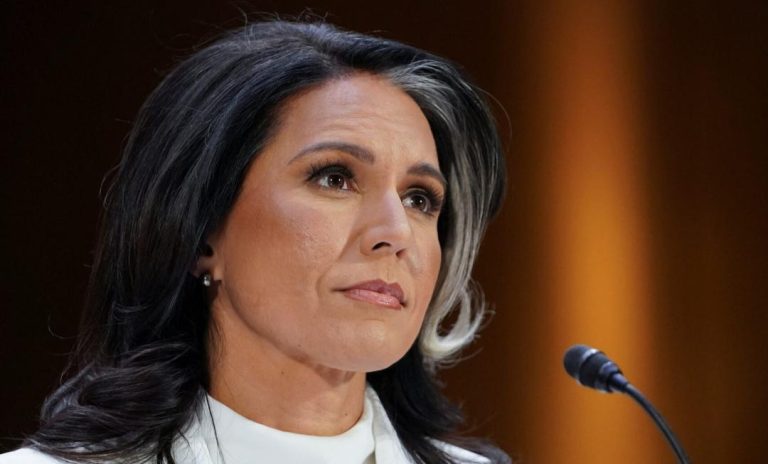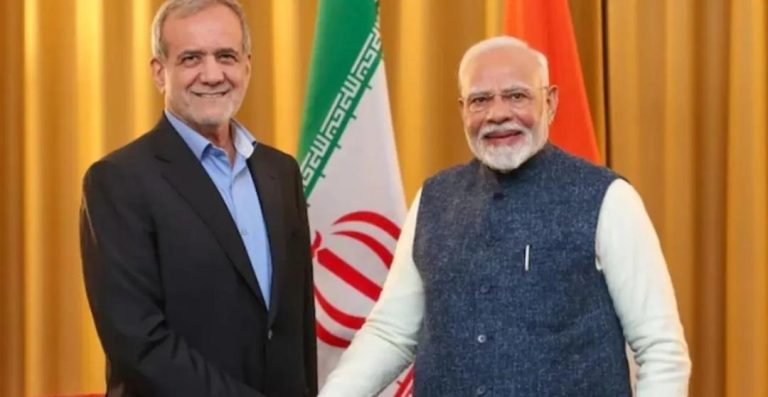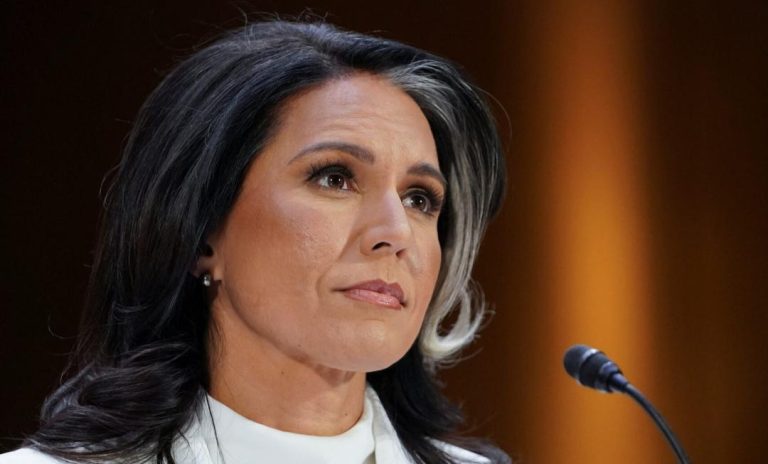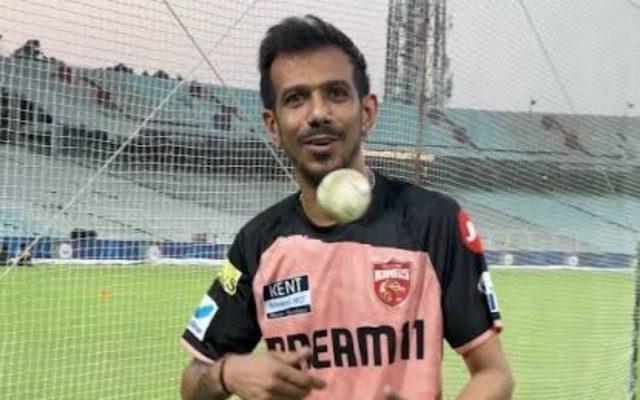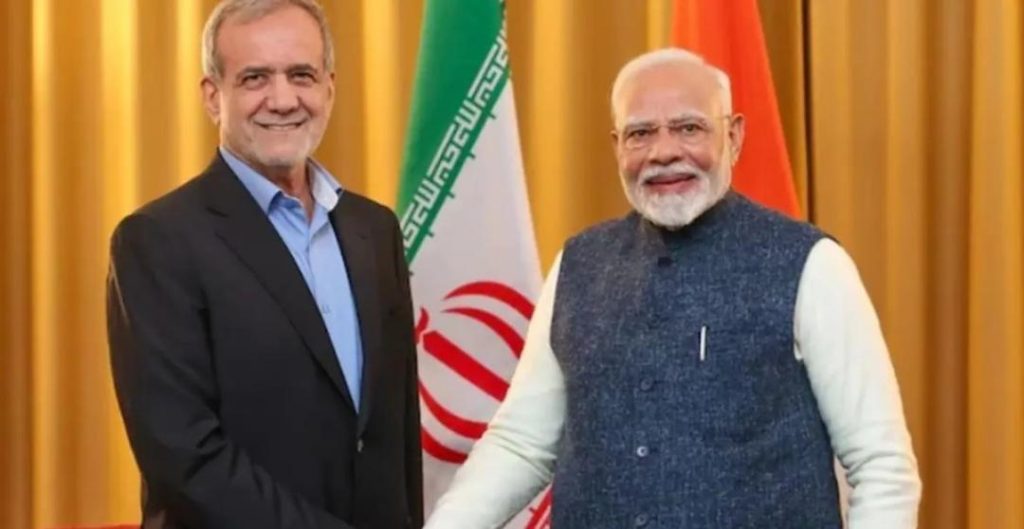
Iran Offers to Mediate between India & Pakistan after Pahalgam Attack
Tensions between India and Pakistan have been escalating rapidly after the recent terrorist attack in Jammu and Kashmir’s Pahalgam. The attack, which killed three Central Reserve Police Force (CRPF) personnel, has left the two nations at loggerheads. Amidst this heightened atmosphere, Iran has offered to mediate between the two countries to help resolve the standoff.
Iran’s Foreign Minister, Seyed Abbas Araghchi, took to social media platform X to extend the offer. In a statement, he wrote, “Tehran stands ready to use its good offices in Islamabad and New Delhi to forge greater understanding at this difficult time.” This is a significant development, considering the long-standing tensions between India and Pakistan.
The attack in Pahalgam has sparked widespread outrage across India, with many calling for a strong response against Pakistan. The Indian government has already taken several measures, including suspending the Indus Waters Treaty with Pakistan. The treaty, signed in 1960, regulates the sharing of the waters of the Indus River and its tributaries between the two countries.
India’s decision to suspend the treaty is seen as a major escalation in the ongoing standoff. Pakistan has been accused of sponsoring terrorism in India, and the suspension of the treaty is seen as a response to this perceived threat.
The Iranian offer to mediate comes at a time when the situation between India and Pakistan is highly volatile. The attack in Pahalgam is the latest in a series of incidents that have raised tensions between the two nations. In recent years, there have been several instances of cross-border terrorism, including the Pulwama attack in February 2019, which killed over 40 Indian security personnel.
Pakistan has consistently denied any involvement in these attacks, but India has accused it of sponsoring terrorism. The Indian government has also taken several measures to counter the threat, including launching airstrikes against terrorist targets in Pakistan.
Iran’s offer to mediate is significant, considering its long-standing relationships with both India and Pakistan. Iran has traditionally been a key player in regional politics, and its offer to mediate could help to reduce tensions between the two countries.
In recent years, Iran has been trying to strengthen its ties with both India and Pakistan. The country has been playing a key role in regional diplomacy, and its offer to mediate is seen as an extension of this effort.
India and Pakistan have a long history of conflict, dating back to the partition of the subcontinent in 1947. The two countries have fought three wars since then, including the Indo-Pakistani War of 1971, which led to the creation of Bangladesh.
Despite several attempts at dialogue, the two countries have been unable to resolve their differences. The latest attack in Pahalgam has once again raised questions about the future of their relationship.
Iran’s offer to mediate is timely, considering the current state of affairs between India and Pakistan. The country’s experience in regional diplomacy could help to facilitate a dialogue between the two nations.
In recent years, Iran has been playing a key role in regional diplomacy. The country has been involved in several initiatives aimed at reducing tensions between regional countries, including the Iran-Iraq peace process.
Iran’s offer to mediate between India and Pakistan is part of this effort. The country’s Foreign Minister, Seyed Abbas Araghchi, has been involved in several diplomatic initiatives aimed at reducing tensions between regional countries.
The Indian government has welcomed Iran’s offer to mediate, but it remains to be seen whether Pakistan will accept the offer. The Pakistani government has been critical of India’s decision to suspend the Indus Waters Treaty, and it remains to be seen whether it will be willing to engage in talks with Iran.
In conclusion, Iran’s offer to mediate between India and Pakistan is a significant development in the ongoing standoff between the two countries. The country’s experience in regional diplomacy could help to facilitate a dialogue between the two nations, and its offer to mediate is a welcome step in this direction.
However, the road ahead will be challenging, and it remains to be seen whether the two countries will be willing to engage in talks. The Indian government’s decision to suspend the Indus Waters Treaty is a major escalation, and it remains to be seen whether Pakistan will be willing to respond in kind.
One thing is certain, however – the situation between India and Pakistan is highly volatile, and any misstep could have serious consequences. Iran’s offer to mediate is a welcome step, and it is hoped that the two countries will take it seriously and engage in talks to resolve their differences.
